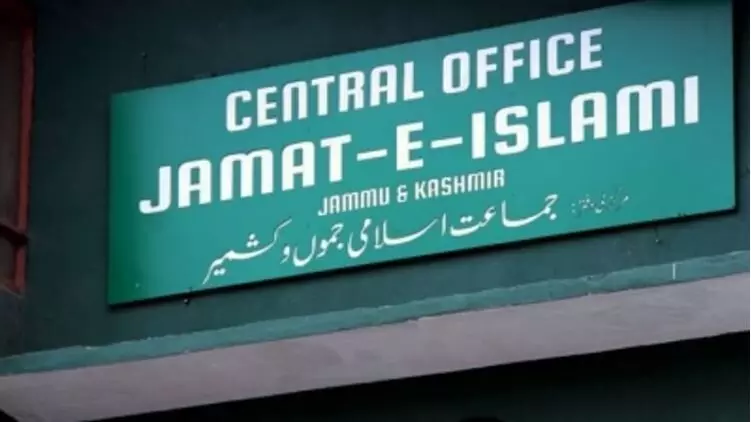
Jamaat-e-Islami Jammu and Kashmir eyes return to electoral politics
text_fieldsIn a significant political shift, the Jamaat-e-Islami Jammu and Kashmir (JeI J&K) is preparing to re-enter electoral politics after more than three decades. The organization is awaiting the central government’s decision to lift a ban imposed on it under the Unlawful Activities (Prevention) Act (UAPA) in February 2019.
The move marks the first major policy change for the Jamaat since 1998, when it officially distanced itself from militancy, leading to a split within the organization. Hardliner Syed Ali Shah Geelani subsequently formed the Tehreek-e-Hurriyat (TeH) in 2004.
A senior member of an eight-member panel running the Jamaat’s affairs has indicated that multiple rounds of talks with the central government have taken place, facilitated by Altaf Bukhari, leader of the Apni Party, who is perceived to have close ties with New Delhi, according to The Indian Express.
This shift back to electoral politics hearkens to the Jamaat’s pre-1987 stance when it actively participated in elections.
The panel member explained that the decision to contest the upcoming Assembly elections, scheduled by the end of September, was finalized on June 30. The primary motivation behind this decision is to reconnect with the populace, considering it more beneficial to participate directly in elections rather than support another political party.
The potential entry of the Jamaat into the electoral fray could significantly alter the political landscape of Jammu and Kashmir. The organization, known for its cadre-based structure, mirrors the National Conference (NC) in this regard and holds substantial influence in the region.
Internal discussions within the Jamaat have acknowledged the possibility of forming alliances, either pre-poll or post-poll, with other political entities, including the National Conference and the Apni Party, The Indian Express report suggested.
While maintaining its staunch stance on religious matters, the Jamaat seems open to political collaborations to enhance its electoral prospects.
Union Home Minister Amit Shah, reiterating the government's hardline stance, extended the ban on the Jamaat in February, citing threats to national security. Nonetheless, the participation of several top Jamaat leaders in the recent Lok Sabha elections—casting their votes for the first time since 1987—hinted at the organization’s re-engagement with the electoral process.
The Jamaat’s last foray into elections was in 1987 under the Muslim United Front (MUF) banner, a coalition of social, religious, and political parties. The election, marred by allegations of rigging by the Congress-led central government, resulted in widespread resentment and was a catalyst for the subsequent insurgency.
Despite securing only four seats, with three won by Jamaat members, the fallout from the perceived electoral fraud fuelled the rise of militancy in the region.
The current eight-member panel, formed two years ago when the organization’s top leaders were imprisoned, is tasked with navigating the Jamaat’s re-entry into politics. The panel has the backing of former Jamaat chief Ghulam Mohammad Bhat, who led the organization during its decision to disassociate from militancy in 1998.
Despite the optimism within the panel, some former Jamaat leaders are sceptical about its ability to galvanize grassroots support, citing a disconnect with the organization’s rank-and-file members. A substantial portion of the Jamaat’s cadre remains loyal to Geelani’s hardline ideology, which could pose challenges to unifying the organization’s base.






















